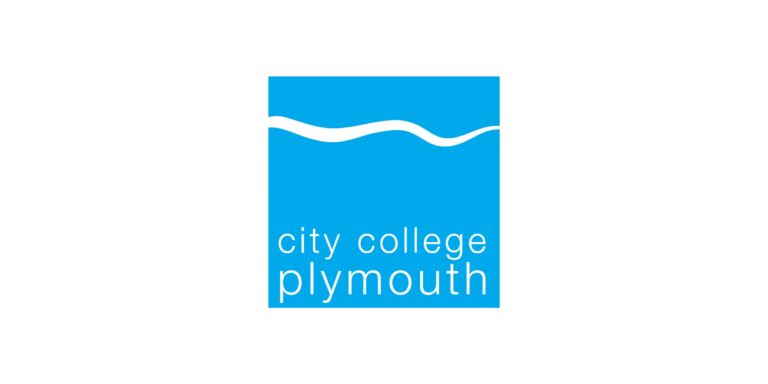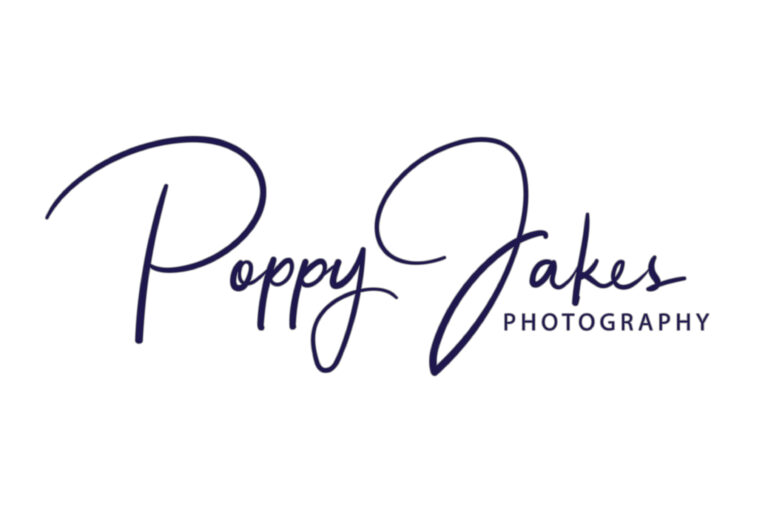The Art of Effective Board Meetings
By Sam Morgan, Smart Admin Management – Silver Member.
The Art of Effective Board Meetings
Ever sat in a board meeting that felt unproductive? I’m sure you have.
Effective board meetings are not just about getting people in a room; they require thoughtful planning, clear communication, and focus to shape decision-making and ensure accountability. Here are my top tips to help you run an effective board meeting that drives results and keeps your organisation moving forward.

Set Clear Objectives and Agenda For Effective Board Meetings
A clear, focused agenda ensures that your meeting stays on track and that your team understands each item’s purpose, avoiding hours wasted talking about non-important issues. Circulate the agenda at least a week before the meeting, allowing attendees time to review the topics, prepare their input, and suggest any additional items. Prioritise important topics that align with your organisation’s strategic goals.
Focus on Decision-Making
Aim to drive actionable outcomes. While it’s important to provide updates and engage in discussion, the primary goal should be to make decisions that push your organisation forward. Identify decision points on the agenda. Discussions without decisions can leave attendees frustrated and unclear about the next steps, so ensure that every significant discussion leads to a resolution or action plan.
Supporting Materials for Effective Board Meetings
Board members are busy people. Providing supporting materials such as financial reports and project updates in plenty of time gives them a chance to prepare and contribute meaningfully. Send all relevant papers out with the agenda at least one week before the meeting, giving a good opportunity to read and note any questions. This will lead to more productive discussions during your meeting.
Time Management
Effective board meetings should be concise and focused. Long, drawn-out meetings lead to disengagement, and a loss of productivity. Stick to the agenda, watch the clock, and ensure that each topic receives adequate but not excessive time. Set time limits on items and clearly show these on the agenda. For complex topics, it may be wise to assign to a separate working group or committee to explore further and report back later.
Encourage Participation and Engagement
Active participation from all members is vital. It’s common for a few voices to dominate, but a diverse board should be full of valuable viewpoints. However, these can only be harnessed if every member feels empowered to speak up. Invite all members to share their thoughts. Assign certain parts of the agenda to individuals with an interest in that topic. Respect different opinions. Creating a culture of open engagement and collaboration helps foster productivity and inclusivity.
Minutes and Actions
Well-documented minutes are essential for accountability and follow-up; however, they should be more than just a recap of what was discussed. They should highlight challenges, action points, who is responsible, and deadlines for follow-up. Always seek the support of a minute-taker or governance professional who specialises in this role. Minutes should be circulated promptly after the meeting as a reminder of actions and responsibilities.
Evaluate and Improve
Continuous improvement is key to an effective board meeting. After each meeting, take some time to evaluate what went well and what could be improved. Ask for feedback from board members. Learning from each meeting will help refine future ones, ensuring ongoing productivity and engagement.
Maximise Technology for Effective Board Meetings
In today’s digital age, several tools can make board meetings more accessible and efficient, especially for organisations with geographically dispersed members. Consider using a management platform to store documents, hold virtual meetings, and track tasks. These tools can streamline communication and improve transparency.
Effective board meetings don’t happen by accident. They require careful planning, clear communication, and a commitment to continuous improvement. By setting clear objectives, managing time efficiently, encouraging participation, and focusing on decision-making, you’ll ensure that your board meetings are not only productive but also impactful.

Meet Sam Morgan
With an administrative career spanning over 20 years in the Medical and Education sectors, Sam Morgan of Smart Admin Management has all the skills you need to take control of your business and have things organised in no time.






